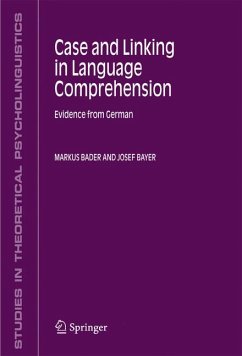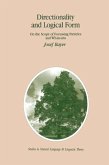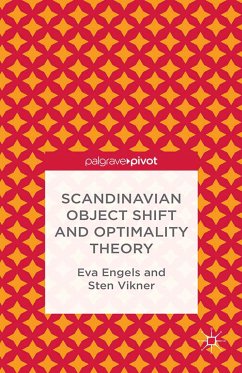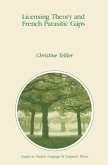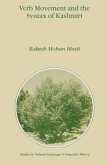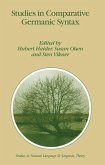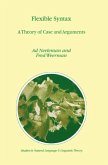German is a language which has received a lot of attention in linguistics, and data from German had a substantial in?uence on the formation of linguistic theory. The in?uence this language had so far on psycholinguistics and on s- tactic processing in particular is much more limited, although the last 10 years have seen a growing interest in psycholinguistic investigations of German. The present monograph will build on earlier work and develop it further toward an account of syntactic comprehension on the basis of theoretical as well as - perimental investigations. The verb-?nal nature, the free order of constituents, and the morphological Case system of German offer a rich domain for exp- rations which will be shown to reshape our knowledge about human sentence processing in general. Much of the research which led to this monograph has been carried out at theFriedrichSchiller UniversityJenaandhasbeenconcluded atKonstanzU- versity. Our research has been supported between 1997 and 2005 by grant Ba 1178/4 of the Deutsche Forschungsgemeinschaft (DFG) under the title L- guage Comprehension and Variable Word Order - Syntactic and Extrasyntactic Factors in Processing German Sentences. We are indebted to the DFG for this continuous support over the years, and in particular to Dr. Manfred Briegel and Dr. Susanne Anschütz for their administrative help.
Dieser Download kann aus rechtlichen Gründen nur mit Rechnungsadresse in A, B, BG, CY, CZ, D, DK, EW, E, FIN, F, GR, HR, H, IRL, I, LT, L, LR, M, NL, PL, P, R, S, SLO, SK ausgeliefert werden.

